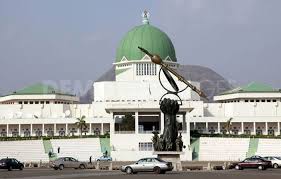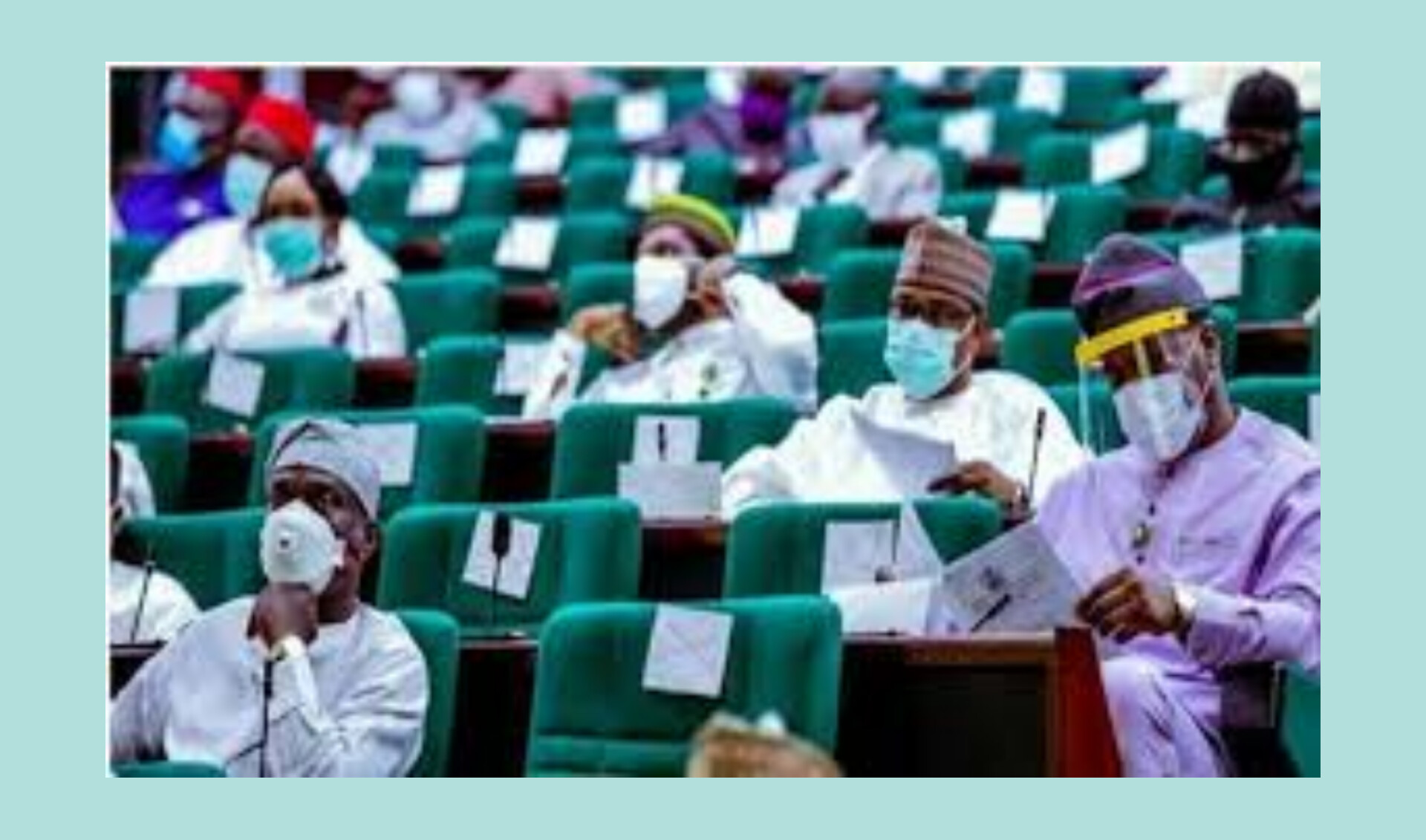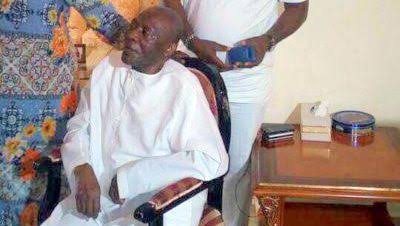Worried by the failure of the House of Representatives to commence an investigative public hearing into the rape and death of 14 year old boarding student of Premiere Academy, Lugbe, Abuja, Miss Keren-Happuch Aondodoo Akphagher, Amnesty International has written to the speaker, Hon. Femi Gbajabiamila to remind him and his colleagues of their obligation.
Keren-Happuch died on June 22, 2021 after developing sepsis as a result of the infection caused by the condom left inside her by her rapist, which compromised her immunity, spiked her blood sugar, resulting in hyperglycaemia.
The letter addressed to the Speaker of the Green Chambers that was signed by Director of Amnesty International Nigeria, Osai Ojigho, the organisation indicated that for over three months after the lawmakers passed a resolution to conduct an Investigative public hearing of Premiere Academy over alleged sexual abuses in the institution and the alleged rape and death of Keren-Happuch, they were yet to comply with it.
“Over 3 months since these resolutions were passed, there has been no compliance. Through its ratification of regional and international human rights laws, Nigeria has an obligation to ensure that women and girls can live free from violence. “Having ratified the Convention on the Elimination of All Forms of Discrimination against Women, Nigeria is obliged to act with due diligence to prevent, investigate, punish and provide remedies for acts of violence against women and girls regardless of whether these acts are committed by private or state actors”, Amnesty stated.
It added that “as a state party to the Protocol to the African Charter on Human and Peoples’ Rights on the Rights of Women in Africa, Nigeria undertakes to adopt and implement appropriate measures to ensure that women and girls are protected from all forms of violence, including sexual violence.”
Amnesty submitted that “The obligation to eliminate violence against women and girls is of an immediate nature and delays cannot be justified on any grounds, including on economic, cultural or religious grounds.”
Beside those international obligation, Amnesty argues that “Section 34 of the 1999 Constitution of the Federal Republic of Nigeria guarantees that no person shall be subject to torture or to inhuman or degrading treatment’ such as Keren-Happuch suffered allegedly at her boarding school – Premiere Academy, Lugbe, Abuja.
It submitted that it is for that reason and more that the House of Representatives is under obligation to comply with its own resolution to commence investigative public hearing in line with its duty to both the 1999 constitution of the Federal Republic of Nigeria as amended and the international treaties and instruments such as Convention on the Elimination of All Forms of Discrimination against Women (CEDAW).
In the said letter, Amnesty International reminded the speaker of the following facts:
“At the session of the House of Representatives on 7th of December 2021, the House expressed concern about the “unwillingness of Premiere Academy to uncover the truth behind Keren’s death and the management media denial of previous cases of sexual harassment of students in the institution contrary to documentary evidence.”
“Furthermore, the House was “alarmed at the lack of proactive and thorough investigation by the Nigeria Police Force even after formal correspondence to the police by the deceased family’s lawyers and the allegations by Amnesty International of harassment and threat to the lives of Keren’s mother, Vivien Akpagher, her family and the leader of the Coalition of Gender–Based Violence Responders and his family over their public campaigns and advocacy demanding justice for Keren.”
“Consequently, the House passed a resolution urging the Nigeria Police to thoroughly investigate Keren’s death and the allegations of harassment and threat to life of Keren’s family and Lemmy Ughegbe – the human rights defender seeking justice for Keren. Additionally, the House mandated the Committees on Woman Affairs, Human Rights and Police Affairs to investigate the death of Keren, allegations of the unwillingness of the Nigeria Police Force to investigate Keren’s death, allegations of harassment and threat to the life of Keren’s family and Lemmy Ughegbe and other related issues.
“Over 3 months since these resolutions were passed, there have been no compliance. Through its ratification of regional and international human rights laws, Nigeria has an obligation to ensure that women and girls can live free from violence. Having ratified the Convention on the Elimination of All Forms of Discrimination against Women, Nigeria is obliged to act with due diligence to prevent, investigate, punish and provide remedies for acts of violence against women and girls regardless of whether these acts are committed by private or state actors.
“As a state party to the Protocol to the African Charter on Human and Peoples’ Rights on the Rights of Women in Africa, Nigeria undertakes to adopt and implement appropriate measures to ensure that women and girls are protected from all forms of violence, including sexual violence.
“The obligation to eliminate violence against women and girls is of an immediate nature and delays cannot be justified on any grounds, including on economic, cultural or religious grounds. Similarly, Section 34 of the 1999 Constitution of the Federal Republic of Nigeria guarantees that no person shall be subject to torture or to inhuman or degrading treatment.
Consequently, Amnesty International urged the House of Representations to ensure that:
The Nigeria Police initiates an impartial, effective and independent investigation into Keren’s death and allegations of harassment and threat to the life of Keren’s family and Lemmy Ughegbe, and those found culpable are prosecuted and punished;
• An investigative panel is promptly set-up by the House of Representatives and a public hearing is commenced on Keren’s case.
Several Civil Society Organisations including the Human Rights Writers Association (HURIWA) had also earlier expressed concerns over the disturbing delay of the House of Representatives to comply with its own resolution to publically probe Premiere Academy over the rape and death of Keren-Happuch.
Rape, death of schoolgirl: A I asks Reps to probe Premiere Academy




